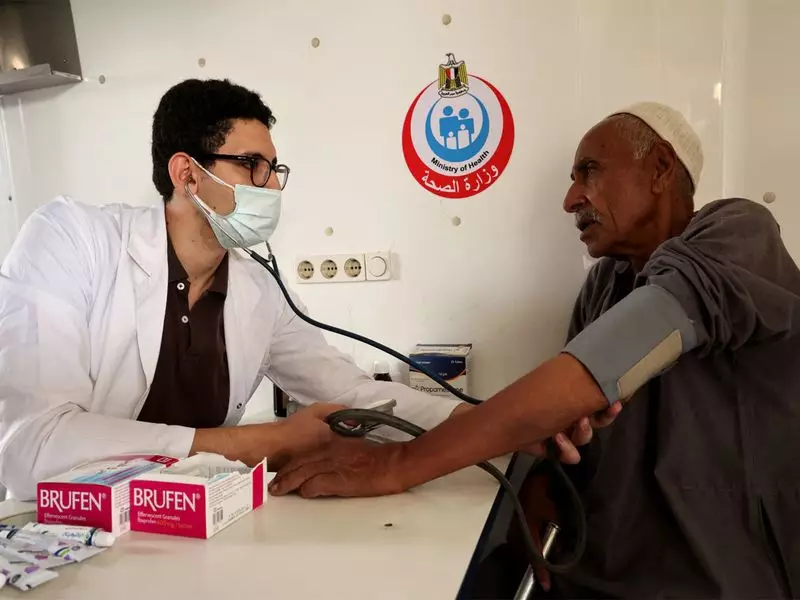
Ethiopia has officially confirmed its first-ever outbreak of the deadly Marburg virus disease, prompting immediate response efforts from global health authorities. The World Health Organization has stepped up its containment measures to address potential cross-border spread of this highly infectious disease.
Outbreak Confirmation and Initial Cases
The Ethiopian Public Health Institute confirmed two cases of Marburg virus disease in the country. Both patients have tragically succumbed to the virus, marking a significant health emergency for the East African nation. The cases were identified in the Amhara region, raising concerns about rapid containment in the densely populated area.
According to the World Health Organization's regional office for Africa, the outbreak confirmation came after laboratory testing verified the presence of the Marburg virus. This marks Ethiopia's first recorded instance of the disease, adding to the growing list of African countries grappling with viral hemorrhagic fevers.
WHO's Emergency Response Measures
The World Health Organization has activated its emergency response mechanisms to support Ethiopia's health authorities. WHO is deploying experts, providing emergency funding, and coordinating international support to contain the outbreak before it spreads further.
Dr. Matshidiso Moeti, WHO Regional Director for Africa, emphasized the urgency of the situation. "Health authorities have responded swiftly", she stated, highlighting that "the first step has been to quickly identify all contacts of the two confirmed cases". This contact tracing is crucial for preventing further transmission.
WHO is particularly concerned about the potential for cross-border spread, given Ethiopia's strategic location in the Horn of Africa. The organization is working with neighboring countries to enhance their surveillance and preparedness capabilities.
Understanding Marburg Virus Disease
Marburg virus disease is a severe and often fatal illness that affects humans. The virus belongs to the same family as Ebola and shares similar characteristics. The case fatality rate has varied from 24% to 88% in past outbreaks, depending on the virus strain and quality of case management.
The disease spreads through direct contact with body fluids of infected people, surfaces, and materials contaminated with these fluids. Initial symptoms include high fever, severe headache, and malaise, often followed by severe hemorrhagic manifestations within seven days.
Currently, there are no approved vaccines or antiviral treatments specifically for Marburg virus disease. Supportive care, including rehydration with oral or intravenous fluids, and treatment of specific symptoms, significantly improves survival rates.
Regional Implications and Preparedness
This outbreak has significant implications for the broader East African region. Ethiopia shares borders with several countries including Kenya, South Sudan, and Somalia, all of which now face increased risk of cross-border transmission.
WHO is coordinating with these neighboring nations to strengthen their border health security measures. Enhanced screening at border points and improved surveillance systems are being implemented to detect any potential cases early.
The organization has also alerted international health partners and is mobilizing additional resources to support the response effort. Rapid response teams are being deployed to affected areas to conduct thorough investigations and implement control measures.
Global Health Security Concerns
This latest outbreak underscores the ongoing challenges in global health security. Marburg virus disease, like Ebola, represents a significant threat to public health systems, particularly in resource-limited settings.
The confirmation in Ethiopia comes as the country was already dealing with multiple health challenges, including recovery from the COVID-19 pandemic and other endemic diseases. The dual burden of outbreaks strains healthcare infrastructure and requires coordinated international support.
Health authorities emphasize that early detection, rapid response, and community engagement are crucial for containing outbreaks of this nature. Public awareness about prevention measures and early warning signs can significantly reduce transmission risks.
As the situation develops, WHO and Ethiopian health authorities continue to monitor the outbreak closely, implementing all necessary measures to protect populations and prevent further spread of this dangerous pathogen.





